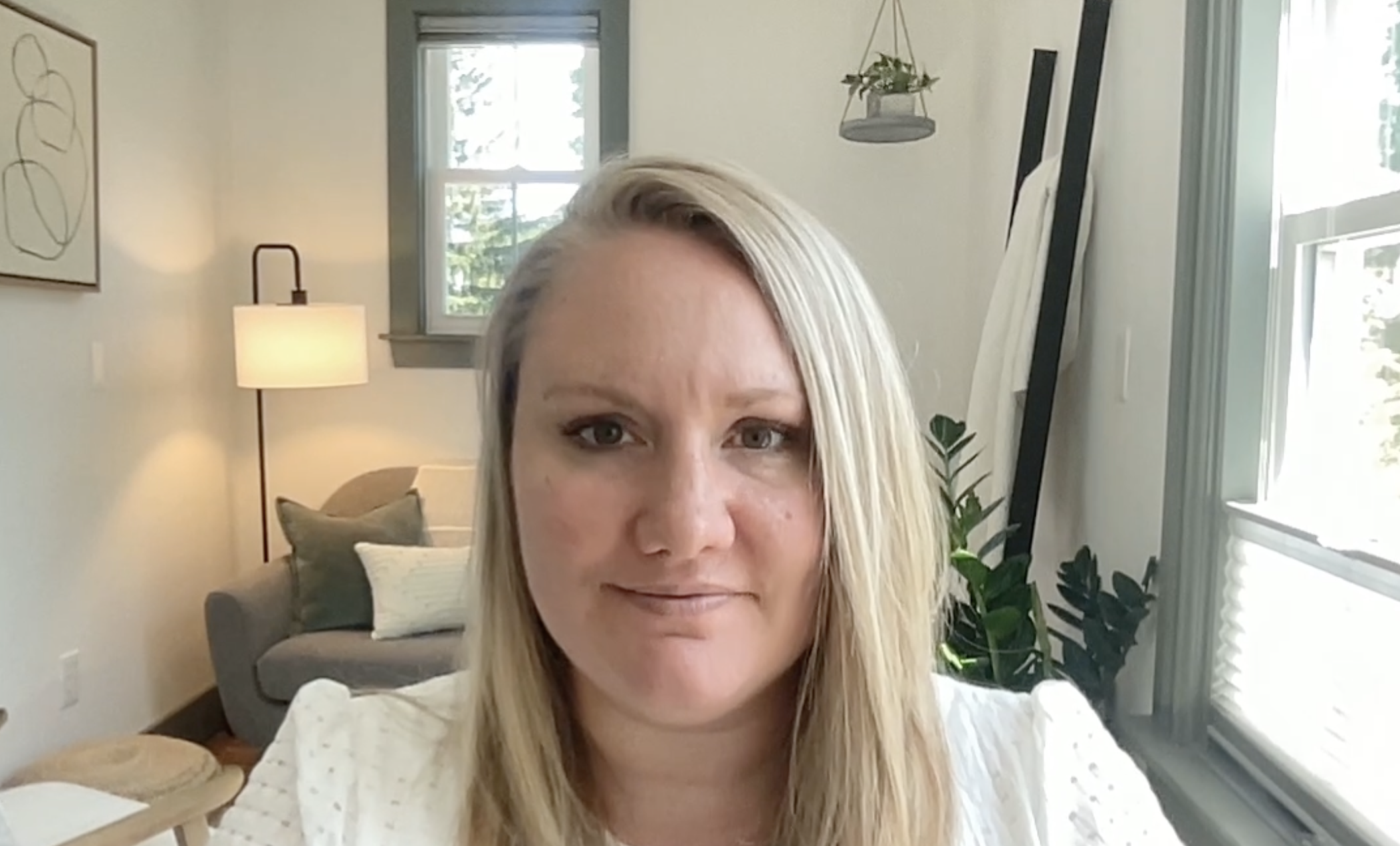Fertility + Infertility Therapy for Women and Couples
NAVIGATE REPRODUCTIVE CHALLENGES WITH HIGHLY SPECIALIZED THERAPEUTIC SUPPORTIN PROVIDENCE, RI + VIRTUALLY ACROSS RHODE ISLAND AND WASHINGTON STATEGuidance for critical decisions, support in grieving your losses, and actionable steps for managing overwhelm.
When family building doesn’t go to plan, it can be one of the most stressful medical and emotional challenges that people experience. From decision making fatigue to navigating pregnancy announcements, the challenges can feel endless.
Some issues that are supported well with reproductive therapy are pregnancy or infant loss, fertility treatments, donor conception, surrogacy, adoption, LGBTQ family building, pregnancy complications that impact mental health like hyperemesis gravidarum, or termination of a wanted pregnancy for medical reasons (TFMR).
Holding keen awareness of diverse family building options, I give you the tools that you need to navigate difficult decisions, manage the impact on your relationships, and resource yourself with skills to find calm in the midst of the chaos.
Please note that I am firmly pro choice and come to my work holding that value. I prioritize care for people of color, members of the queer community, single parents (both by choice or not by choice), and other marginalized people groups.
I’m Rachael
I’m a Licensed Mental Health Therapist. Welcome to my office, where I see clients both in person and remotely. I specialize in reproductive mental health in part because I understand it deeply and personally. It is my passion to guide women through the overwhelming reality of unexpected challenges pertaining to family building. I am honored to be a guide along your path. I’ll help you move from overwhelm to peace, equipping you with tools that you can use for a lifetime.
How does infertility therapy work?
STEP ONEFirst, we set up a complimentary 15 minute consult call to assess if we are a good fit. Then we meet for an intake session where we determine the goals you are looking to meet and how I can help you reach them.
STEP TWO Once we have established a plan, we begin evaluating your thoughts, behaviors, and patterns to determine what in your life is serving you and what isn’t. We gently identify places where change may benefit you and I equip you with tangible skills to practice in your day to day life. We also process experiences that may not be in your control but are impacting you in difficult ways. We learn to make peace with the things you can’t control and shift the things you have choice over.
STEP THREEWe regularly check in to make sure we are meeting the goals we set out to address. I make it a priority to see that we are on the right path. Therapy isn’t one-size-fits-all. If at any point either of us determines that the direction we are taking isn’t working, we explore ways to pivot in our work together or discuss alternate modalities or providers.
Common Reproductive Mental Health Challenges
Struggling to stay focused at work or on other projects.
Difficulty engaging family and friends, particularly around other peoples fertility successes.
Experiencing physical discomfort from chronic anxiety and tension, not to mention treatments.
Reduced self esteem, feeling negatively about yourself or your body.
Feeling low capacity for other categories of your life. Not enjoying things you used to enjoy.
Benefits of Reproductive Mental Health Therapy
Provides clarity on what is driving your current challenges and presents next steps in moving to a more hopeful place.
Helps you relate to your loved ones with greater ease, preventing isolation during what can be a lonely process.
Offers resources to help you move through grief and other challenging emotions, toward a reality of hope and joy.
Provides practical guidance and decision making support as you navigate treatments.
FAQ’s
When do I/We seek counseling related to our infertility or family building process?
Infertility is one of the most stressful experiences that many people go through. The longer the process, the more emotionally, physically, and financially devastating it can become. If you are able, I would suggest finding a therapist who specializes in reproductive mental health as soon as possible. If you are feeling depressed, anxious, isolated, guilty, or ashamed; definitely make the investment and get a specialist on your team to help you through this difficult time.
Fertility is already wildly expensive. How can I afford therapy on top of it?
This is so valid. Frequency of sessions is a good way to manage costs. If you know you need support but can’t swing a weekly fee, ask the provider you are considering if you could meet biweekly or monthly. There are also excellent, free support groups that are hosted by Resolve and All Paths Family Building. I’d be happy to explore options available to you if this is a concern.


